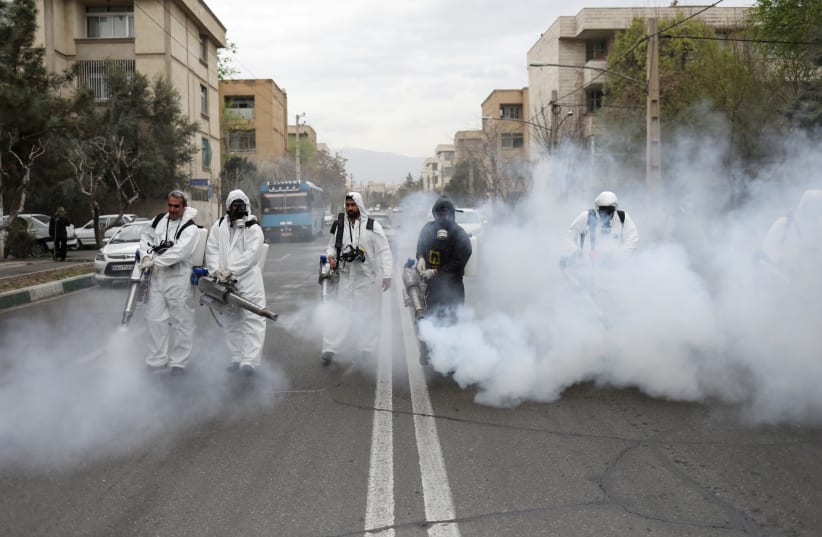CropEnergies, which has been expanding its alcohol production volumes, will deliver it to Clariant's factory in Gendorf on the German-Austrian border. The Swiss company will start monthly production of 2 million litres of disinfectant.
Their efforts support the southern German state's programme aiming to make 10 million litres of disinfectant over the next three months for hospitals and clinics facing short supplies. Demand has skyrocketed due to the coronavirus outbreak and Clariant said it offered its contribution at cost price.
"Together we can make a difference by supporting those in need," said Stephan Trautschold, operations head for Clariant’s industrial and consumer specialties business.
Other companies pack the disinfectant into containers ranging from 1 to 1,000 litres, after which the disinfectant is sent to regional hospitals and other institutions that need it to kill the virus that has infected more than 1.3 million people worldwide and killed tens of thousands.
Typically, CropEnergies, part of the Suedzucker Group , makes ethanol for fuel, among other products, from agricultural raw materials.The shortfall of disinfectant in Europe -- it has been missing from many store shelves for weeks -- has prompted a scramble, with companies that normally make alcoholic beverages from fruits or grains also pitching in.
